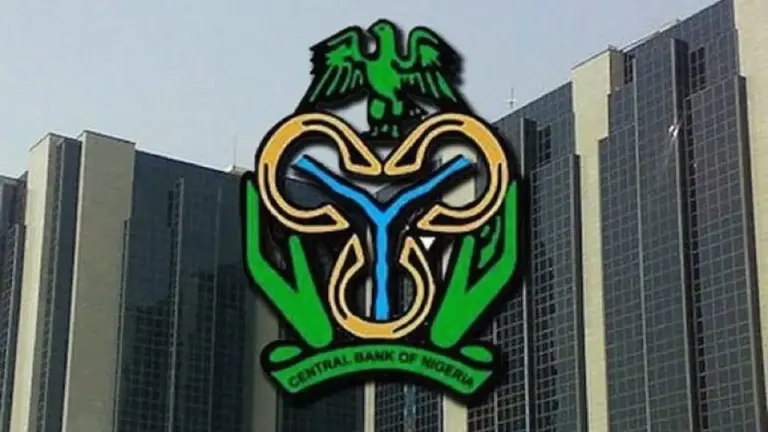The Central Bank of Nigeria (CBN) has posted a staggering loss of ₦498.2 billion for 2024, with a colossal ₦9.4 trillion foreign exchange revaluation loss wiping out the institution’s operating income for the year.
According to the CBN’s audited financials, the sharp depreciation of the naira significantly inflated the cost of servicing foreign liabilities, overshadowing all revenue gains from interest and fee-based income. This marked one of the worst financial outcomes in the bank’s recent history.
FX Pressures Overwhelm Earnings
The central bank’s interest income climbed to ₦2.87 trillion, and fee and commission earnings added another ₦1.39 trillion. However, these gains were drowned by the foreign exchange losses and soaring interest expenses, which rose nearly threefold—from ₦498 billion in the previous year to ₦1.39 trillion.
The CBN’s monetary tightening drive, which pushed the key interest rate up to 27.5% after an 875 basis points hike, contributed to the spike in borrowing costs. Open Market Operations (OMO) were aggressively deployed to curb excess liquidity and tackle rising inflation.
Naira Unification and Revaluation Shock
The steep FX loss stems from the weakening of the naira following the unification of multiple exchange rates in June 2023. Since then, the local currency has dropped from under ₦800 per dollar to approximately ₦1,500 per dollar in official markets—amplifying the naira-denominated burden of foreign commitments on the CBN’s books.
In contrast, the apex bank had recorded a foreign exchange gain of ₦1.2 trillion in 2023, highlighting how the rapid currency slide reversed its financial position.
This marks the second time in three years the CBN has closed the year with a loss, further underlining deep-rooted vulnerabilities in Nigeria’s monetary policy framework.
Limited Room for Policy Maneuvers
Economic analysts caution that such a sharp erosion of earnings may weaken the central bank’s ability to manage currency stability or respond independently to monetary challenges without fiscal intervention. Although the bank’s total assets rose to ₦94.3 trillion and liabilities climbed to ₦92.2 trillion, its ability to maneuver is increasingly constrained by these mounting losses.
Operating expenses also increased to ₦1.26 trillion in 2024, reflecting the strain of sustaining monetary interventions amid growing economic volatility.
Reforms and Fallout from Past Policies
Since taking over in late 2023, CBN Governor Yemi Cardoso has introduced reforms aimed at enhancing transparency and restoring the bank’s focus on its primary mandates. However, the lingering effects of prior policies—including subsidized foreign exchange rates, expansive quasi-fiscal interventions, and unchecked credit disbursements—have now begun to reflect starkly in the institution’s financials.
While the central bank has reaffirmed its solvency and commitment to economic stability, the latest results underscore the high cost of previous policy missteps and the ongoing toll of defending a fragile currency with limited dollar reserves, weak oil exports, and subdued foreign investment inflows.

